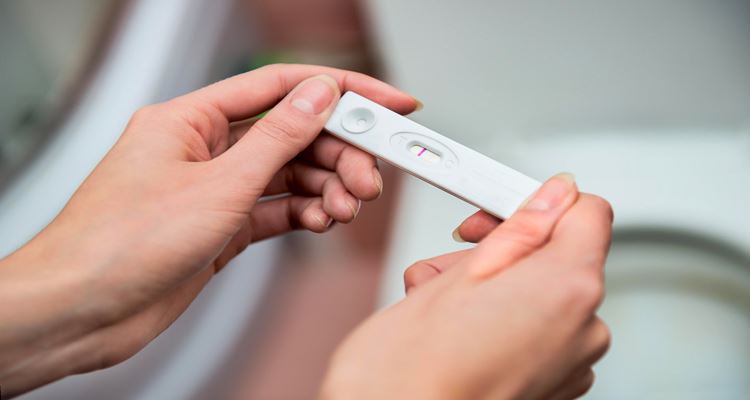FEMALE INFERTILITY CAUSES – The most common reason for infertility in women is an ovulation problem but there are others and here are some.
There are several factors affecting a woman’s ability to ovulate, conceive or deliver a child successfully. Infertility can be a problem a man and woman can face but the causes are a bit difficult to diagnose. Here are some causes.
Infertility Symptoms and Causes
What are the infertility symptoms and what are the factors causing this condition?
INFERTILITY SYMPTOMS – This condition can affect both men and women and it actually affects millions. Here are the symptoms and causes.
World Health Organization (WHO) defined infertility as “a disease of the male or female reproductive system defined by the failure to achieve a pregnancy after 12 months or more of regular unprotected” physical intimate contact.
It is estimated that there’s one infertile person in every six people
The risk of this condition increases as a person ages and fortunately, there are many treatments available for this. It can affect anyone and also has several types – primary, secondary, and unexplained.

TYPES
- Primary – never been pregnant and can’t conceive after one year or 6 months of regularly doing it at age 35 or older
- Secondary – one can’t get pregnant again after one successful pregnancy
- Unexplained – fertility testing could not determine the reason behind
CAUSES IN FEMALE
- tubal disorders
- uterine disorders
- disorders of the ovaries like polycystic ovarian syndrome
- disorders of the endocrine system that cause an imbalance of reproductive hormones
CAUSES IN MALE
- obstruction of the reproductive tract leading to dysfunctionalities
- hormonal disorders causing abnormalities in hormones
- testicular failure to produce sperm
- abnormal sperm function and quality
- overexposure to certain environmental factors like pesticides and other chemicals, and radiation
According to WHO, unhealthy lifestyles such as smoking, excessive alcohol intake, and obesity can also contribute to this.
The main symptom of this condition is not being able to get pregnant. Other than this, there may be no other obvious symptoms. In women, irregular or absent menstrual period is also a symptom.
Visit your doctor if you are suffering from these:
- being age 35 or older and trying to conceive
- over age 40
- irregular or absent periods
- very painful periods
- have known fertility problems
- diagnosed with endometriosis or pelvic inflammatory disease
- have had multiple miscarriages
- have undergone treatment for cancer
- history of testicular, prostate, or sexual problems
- small testicles or swelling in the scrotum
- others in your family also have this condition
READ ALSO:
- Purpose Of Yoga – The Mental and Physical Benefits
- Pancake Ingredients – Healthy Pancake Recipe Ideas
What can you say about this? Let us know!

